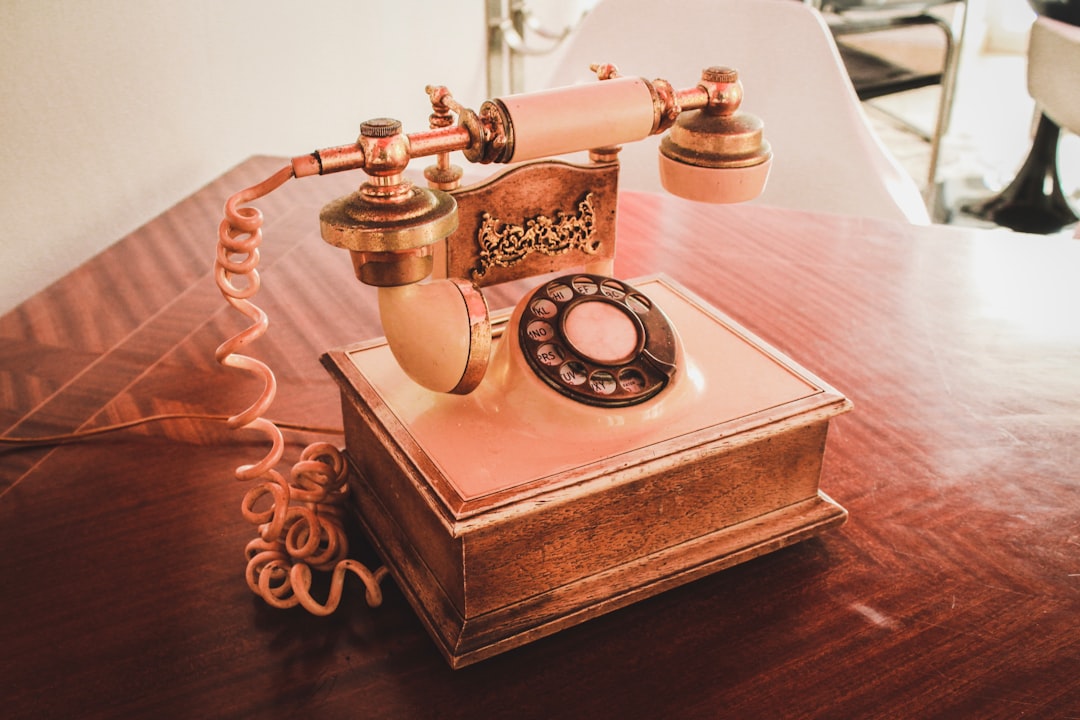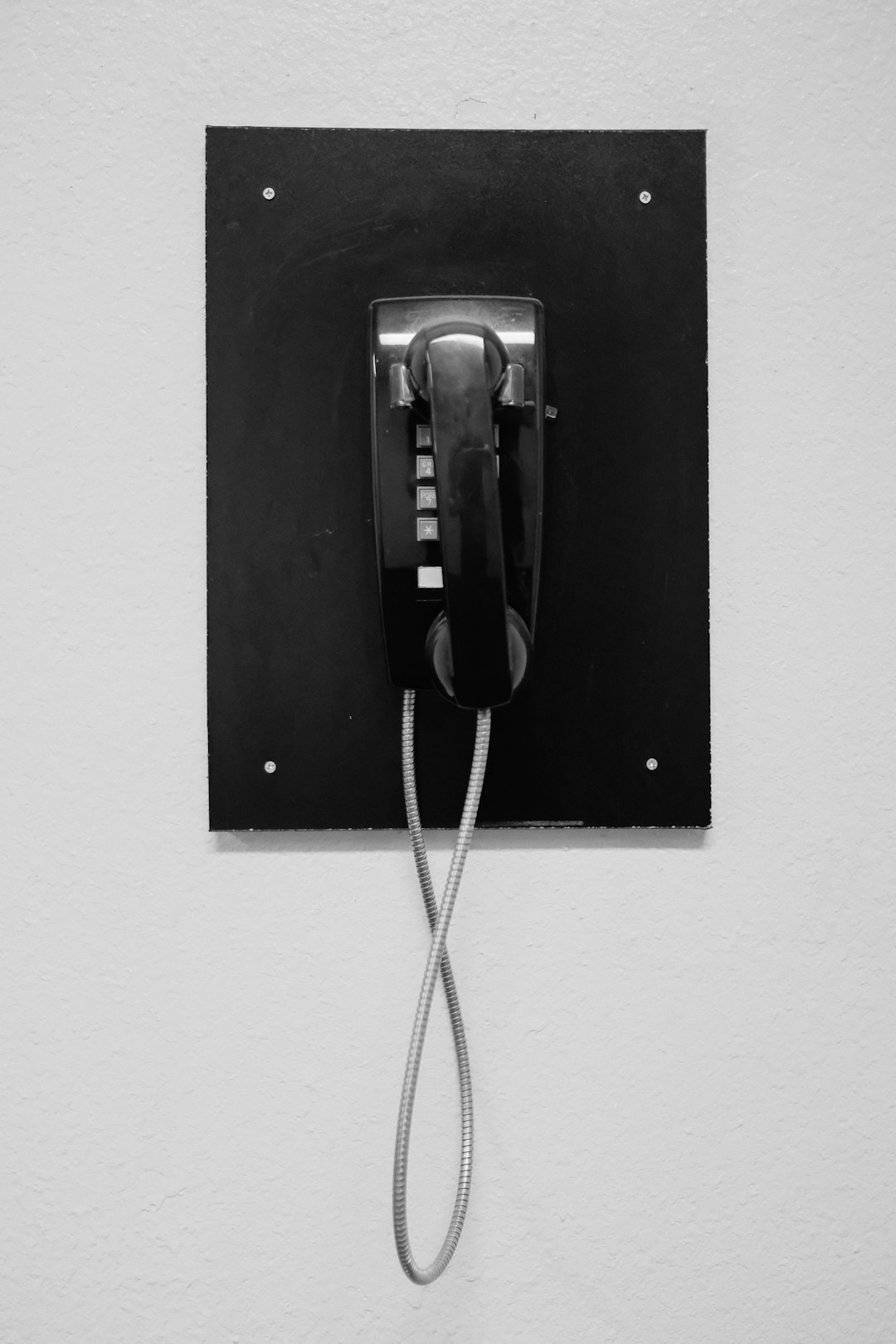Florida's strict telemarketing laws, including the Telemarketing Act of 1991 and TCPA, protect residents from robocalls and unauthorized calls. Miami Beach residents with persistent or illegal robocalls can take legal action, seeking compensation for emotional distress and losses under state and federal law. Documenting and reporting these incidents is crucial for suing for robocalls in Florida, where violations may result in fines and damages.
In Miami Beach, as across Florida, telemarketing laws are designed to protect consumers from intrusive and unwanted calls, especially robocalls. However, violations have severe consequences, including potential legal action under the Telephone Consumer Protection Act (TCPA). If you’ve received nuisance calls, understanding your rights is crucial. This article explores how to navigate telemarketing misconduct, with insights on whether you can sue for robocalls in Florida and steps to safeguard your privacy.
Understanding Telemarketing Laws in Florida

In Florida, telemarketing laws are designed to protect residents from unwanted phone calls and robocalls. These regulations govern how businesses can contact consumers, emphasizing consent and respect for personal privacy. The Telemarketing Act of 1991, along with state-specific rules, outlines permissible practices, including do-not-call lists and restrictions on automated dialing systems.
If your Miami Beach residence has been subjected to illegal robocalls, you may have grounds to take legal action. Florida laws permit individuals to sue for damages if their privacy is violated by unwanted telemarketing calls. This can include seeking compensation for emotional distress or actual losses incurred due to these violations, making it possible to hold offenders accountable and potentially stop similar incidents in the future.
Unwanted Robocalls: A Common Complaint

Unwanted robocalls are a widespread frustration for many Miami Beach residents, ranking among the most common complaints received by local consumer protection agencies. These automated phone calls, often delivered en masse, can be particularly irritating when they breach privacy and disturb personal time. In Florida, as in many other states, laws have been enacted to protect individuals from excessive or unauthorized telemarketing activities, including robocalls.
If you’ve been a victim of persistent or illegal robocalls, knowing your rights is essential. The Telephone Consumer Protection Act (TCPA) allows consumers to take legal action against companies or individuals who make unsolicited calls using automated dialing systems. If you believe you can sue for robocalls in Florida, it’s advisable to consult with an attorney specializing in consumer protection laws to understand your options and seek compensation for any nuisance or financial loss suffered due to these violations.
Legal Recourse for Violations in Miami Beach

In Miami Beach, as in Florida more broadly, telemarketing laws are in place to protect residents from intrusive and unwanted calls, particularly those utilizing robocall technology. If these laws are violated, individuals have legal recourse. Suing for robocalls in Florida is a viable option for those who have experienced repeated or unauthorized telemarketing calls.
If you’ve been disturbed by unsolicited calls, especially those using automated systems, you may be entitled to compensation and other remedies. Legal actions can include seeking damages for emotional distress, halting the caller’s activities, and even demanding that the company responsible pays for your attorney fees. It’s important to document all such incidents and report them to relevant authorities for stronger legal action.
The Impact on Consumer Rights and Privacy

In Miami Beach, as in many places across Florida, telemarketing laws are designed to protect consumer rights and privacy. Violating these laws can have severe consequences for businesses, including substantial fines and legal repercussions. One of the primary concerns is the prevalence of robocalls, which can invade individuals’ personal space and disrupt their daily lives. If you’ve received unwanted automated calls, you may have grounds to take legal action. The ability to sue for robocalls in Florida depends on whether the calls were made with proper consent or in violation of the Telephone Consumer Protection Act (TCPA).
Consumers have the right to expect that their personal information will be handled responsibly and with their permission. Telemarketing laws ensure that businesses obtain explicit consent before making marketing calls, protecting individuals from unwanted solicitations. Consequently, violating these laws not only disrupts peace of mind but also opens businesses up to legal challenges, including potential class-action lawsuits. Moreover, consumers who feel their privacy has been infringed can seek damages for each violation, making it financially beneficial to stand up against telemarketing abuses.
Protecting Yourself from Telemarketing Misconduct

In Miami Beach, as in many places across Florida, telemarketing laws are designed to protect residents from intrusive and unwanted calls, particularly robocalls. If you’ve received nuisance calls or experienced misconduct from telemarketers, it’s important to know your rights. State and federal laws offer avenues for recourse if your privacy has been violated.
If a company or individual continues to make unsolicited calls after you’ve expressed disinterest, you may have the right to sue for damages. The Telephone Consumer Protection Act (TCPA) allows consumers in Florida to seek compensation for each violation, including monetary penalties and attorney’s fees. Protecting yourself from telemarketing misconduct starts with understanding your rights and taking action if those rights are infringed upon.






